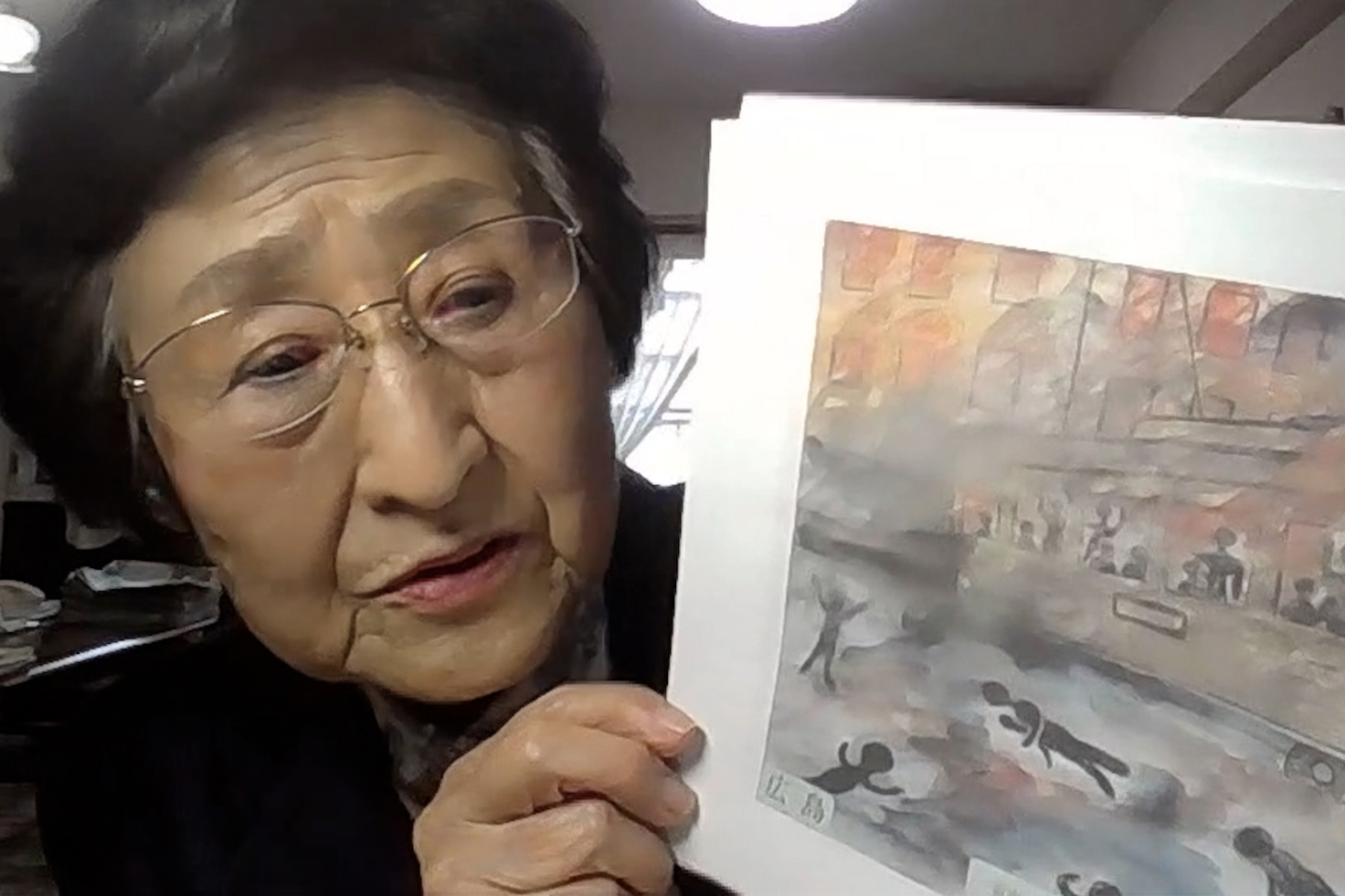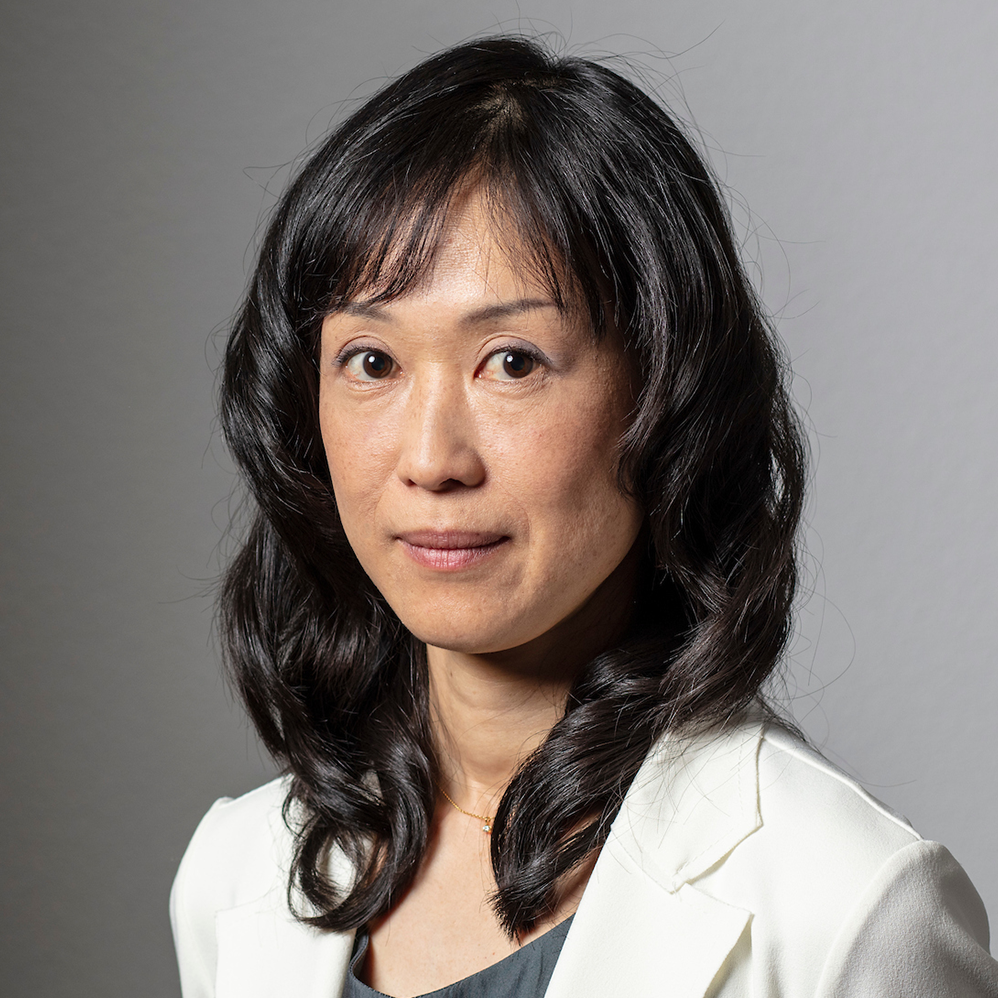
Hiroshima survivor speaks out: a lifelong voice for peace
A Hiroshima survivor recounts the stigma of surviving “hell” and her fight for peace and a world without nuclear weapons.
On August 6, 1945, the United States dropped an atomic bomb on Hiroshima. Three days later, a second bomb fell on Nagasaki. The bombings forced Japan’s surrender, ending World War II, but at a devastating cost: an estimated 210,000 lives.
Michiko Kodama was seven years old and inside a school building on the outskirts of the Hiroshima city, some 4 km from the hypocentre when the bomb exploded.
Kodama survived the explosion and its aftermath, becoming one of the last hibakusha – the Japanese term for atomic bomb survivors. Today, the number of hibakusha still alive has fallen below 100,000, with an average age of over 86. In postwar Japan, they held a complex and often painful status in society – feared, stigmatised, and sometimes even blamed. Many were unable to speak openly about what they had endured.
































You can find an overview of ongoing debates with our journalists here . Please join us!
If you want to start a conversation about a topic raised in this article or want to report factual errors, email us at english@swissinfo.ch.